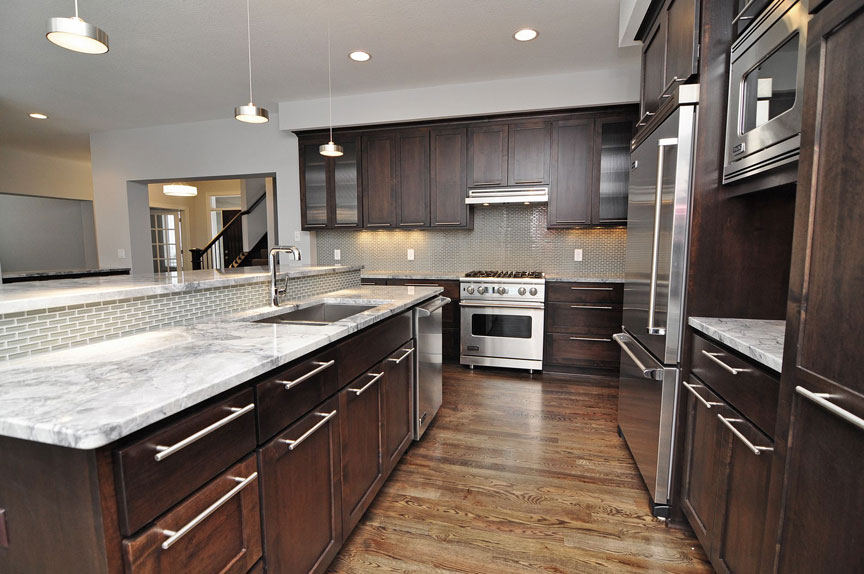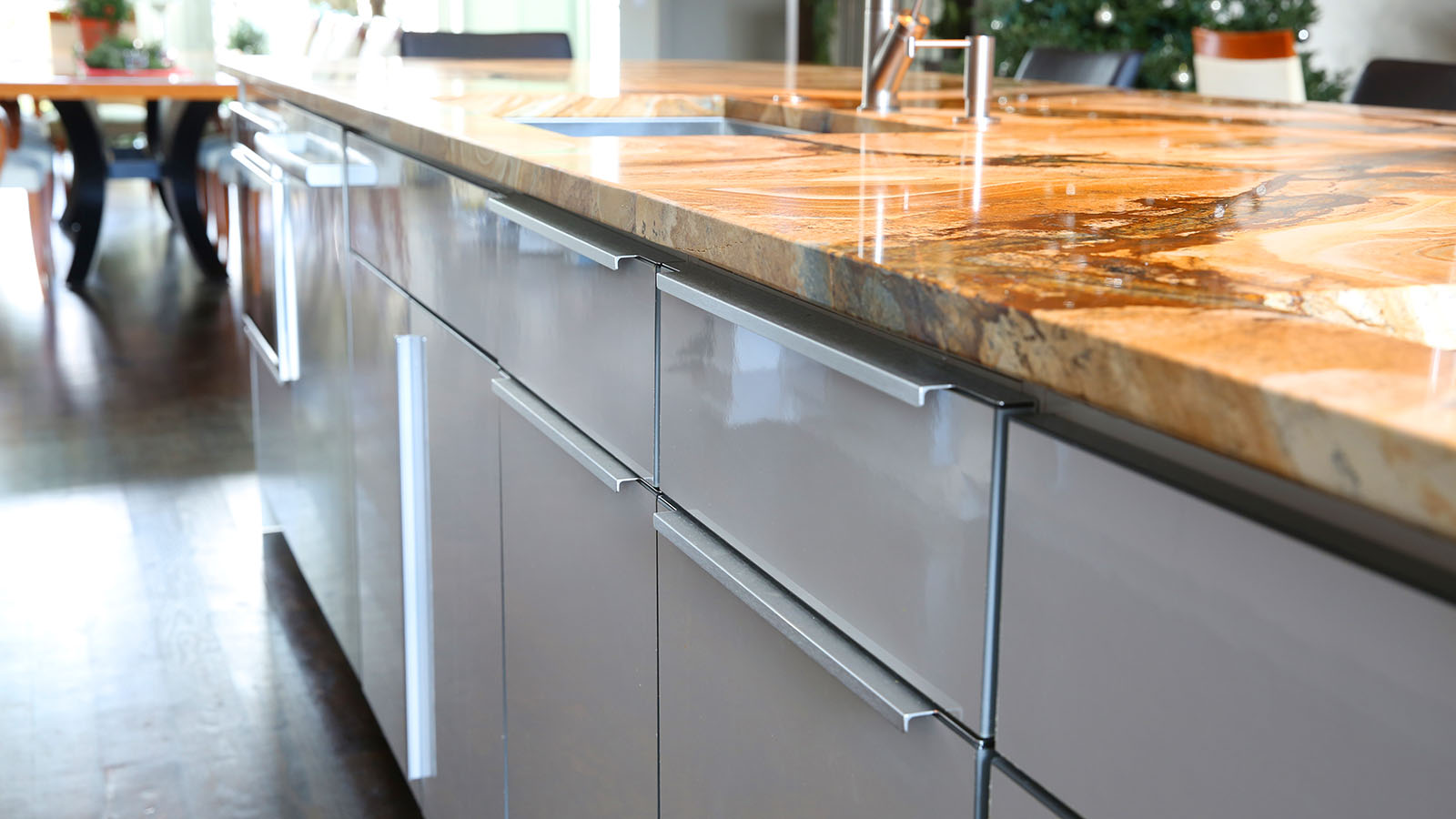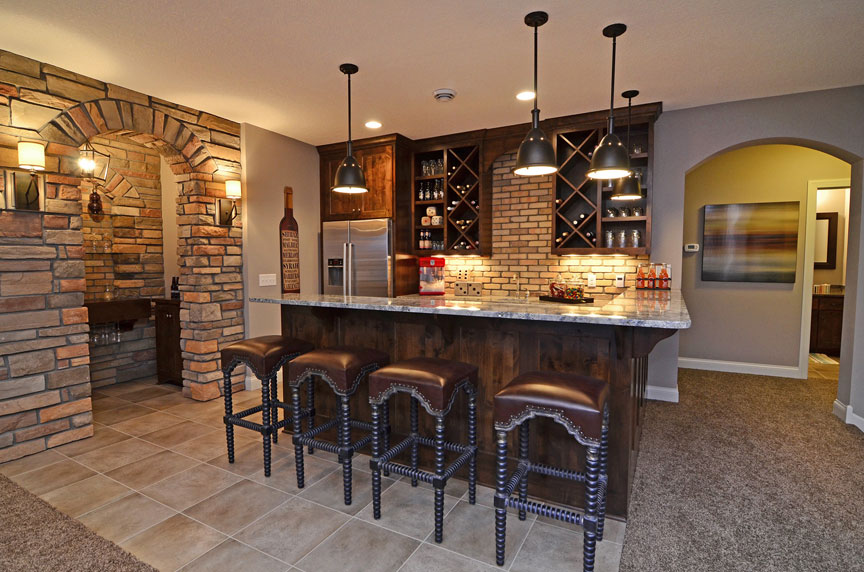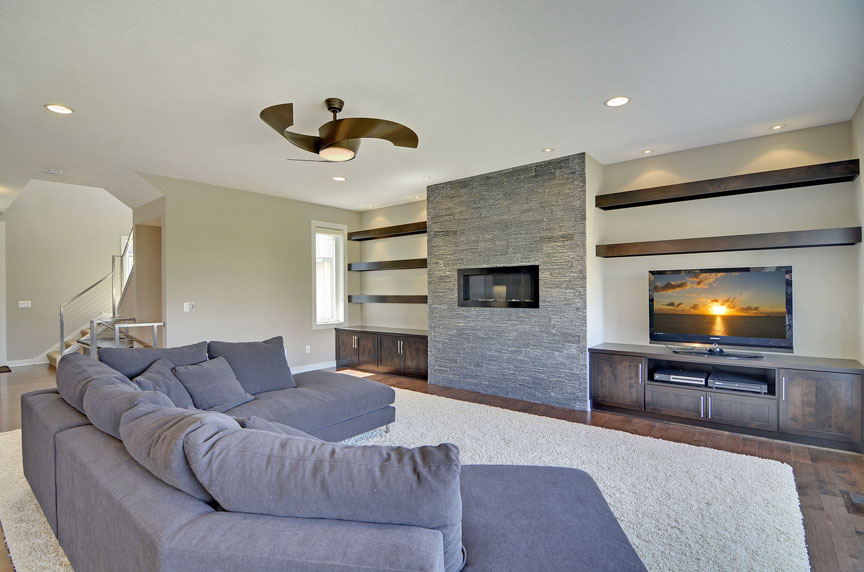Maintaining Your Scandia Cabinets
Basic Care
Cleaning with the appropriate material will help preserve your finish. Use a clean cloth dampened with a solution of mild dish washing liquid & water to remove oil, grease, food residue or daily spills. Use a blotting action rather than a wiping action to remove spills or substances.

Avoid Waxes & Harsh Cleaners
Common self-polishing waxes will damage your finish. Do not use ammonia, bleach, citric acid (both orange & lemon oil), organic solvents, harsh detergents, strong soaps, abrasive cleaners or self-polishing waxes, particularly products that contain silicone. Do not use paste wax due to the build up & yellowing it causes over time. Also avoid using any harsh cleaning tools like steel wool or scouring pads.

Recommended Cleaners
Use a high-quality cream furniture polish or an emulsion-type cleaner like Murphy’s Oil Soap or Guardsman Clean & Polish. These are formulated without wax, petroleum, solvents or silicones! You can also try a mixture of baking soda and water. Use these cleaners with a soft towel only.

Excessive Moisture
Prolonged contact with excessive moisture can stain & damage your cabinets. Cabinetry near the sink, dishwasher and baseboards are most susceptible to moisture. If you see moisture, blot it off immediately. Be sure to check short-term exposures from leaks, splashes and kitchen utensils like crockpots & steamers.

Temperature, Humidity & Dry Air
Extremes in temps, humidity & excessively dry air can cause wood to expand and contract, swell, warp, crack, and damage the finish of your cabinetry. Control the temperature of your home year-round with minimal changes from day to day. The optimal humidity level is 35%-50%. Lower than 20% or higher than 80% should be avoided.

HELPFUL HINTS
- Use dehumidifiers & air conditioners in summer, humidifiers in winter
- Maintain climate control during off seasons of vacation homes
- Acclimate the cabinetry prior to install
- Do not store the cabinets in any unheated or unconditioned space prior to install
- Unfinished (exposed) wood will exhibit the most dramatic changes, finished wood may change with long term changes in humidity.
